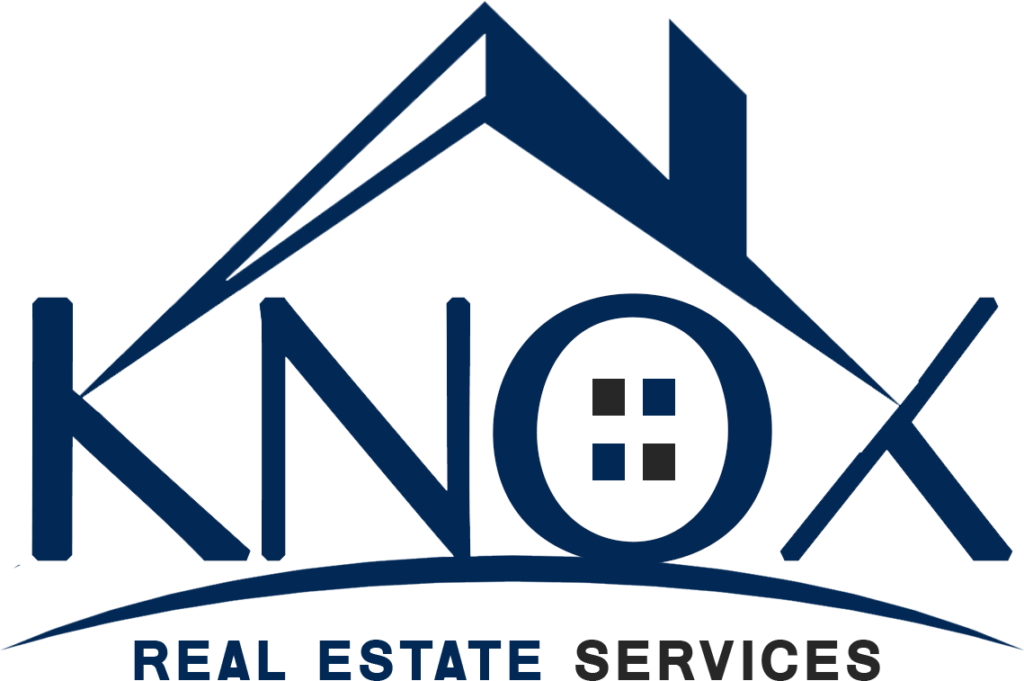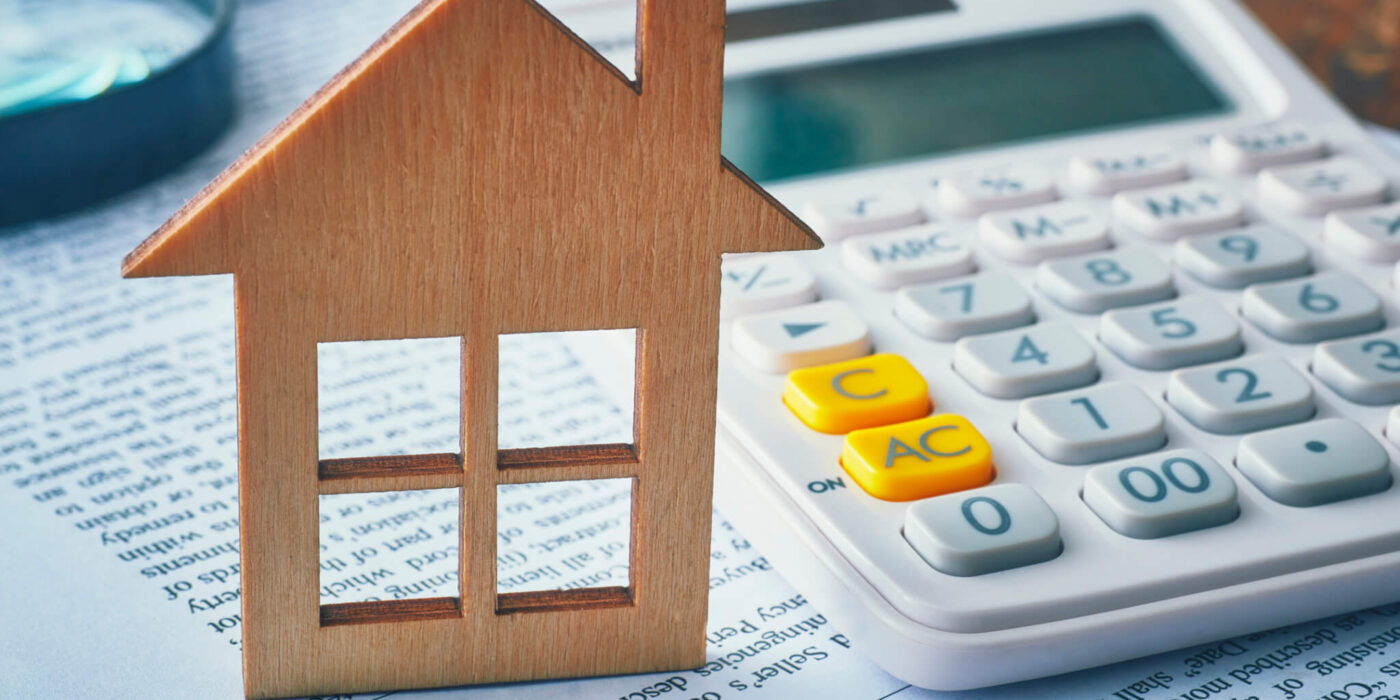Overpricing your house in the belief that you can reduce the price back later is a strategy that can backfire badly. For example, by the time you reduce your price, you may miss out on a surge of interest in properties like yours. Also, if prices are lowered, buyers may wonder if there’s something wrong with the property that kept other buyers away. So to keep from selling your property at below market value and from wasting valuable time, don’t fall into the overpricing trap.
Setting the Price
This chart highlights the importance of pricing correctly at market value.
When setting a price for your property, the listing level must strike a balance between the seller’s need to achieve the best-possible return and the buyer’s need to get good value. With many years of experience, a professional Real Estate Agent can help you set a price that will accomplish both objectives.
Establishing market value
The market value of your property is determined in exactly the same way as any other commodity – what a buyer is willing to pay for it in today’s market. Despite the price you paid originally, or the value of any improvements you may have made, the value is determined by market forces.
Look at the competition
Buyers look at about a dozen properties on average before making an offer on a property. As a result, they have a good overview of the market and will compare your property against the competition. If it’s not in line with similar properties that are available, buyers won’t consider it good value for money.
This is the average percentage difference between the Selling and
Asking Price by the length of time the home was on the market.
– Put your best foot forward immediately
– Establish a competitive asking price
– Keep your home in top showing condition
– Offer favorable financing terms


